Canada has quietly become a powerhouse of innovation, producing groundbreaking advancements that are reshaping industries worldwide. From cutting-edge clean energy solutions to AI-driven breakthroughs, Canadian companies are leading the way in sectors where the U.S. is struggling to maintain its dominance. With strong government support, a culture of collaboration, and a thriving startup ecosystem, Canada is emerging as a global leader in technological progress. Here are 23 Canadian innovations that are making waves internationally while the U.S. struggles to keep pace.
AI and Machine Learning Excellence

Canadian universities and tech hubs, particularly in Toronto and Montreal, have become global leaders in artificial intelligence. With strong government funding and academic collaboration, Canada fosters AI research that has a significant impact on global markets. In contrast, the U.S. faces regulatory challenges and a brain drain of AI talent due to restrictive immigration policies.
Sustainable Energy Innovations

Canada is at the forefront of clean energy solutions, from advanced hydroelectric projects to breakthroughs in battery storage technology. Companies are developing compressed air energy storage systems that could redefine renewable energy storage worldwide. Government initiatives support green energy projects, making Canada a leader in sustainable power generation. The U.S., while investing in renewables, remains heavily dependent on fossil fuels, hindering its transition to a greener economy.
Carbon Capture and Storage Technology

Canadian companies are leading the way in pioneering carbon capture technologies that enable industries to reduce emissions effectively. The Boundary Dam project in Saskatchewan is one of the world’s most successful CCS facilities, demonstrating large-scale CO₂ reduction. These innovations position Canada as a leader in global climate solutions, attracting international investments. Meanwhile, the U.S. struggles with inconsistent climate policies, slowing its adoption of similar technologies.
Next-Generation Agricultural Tech
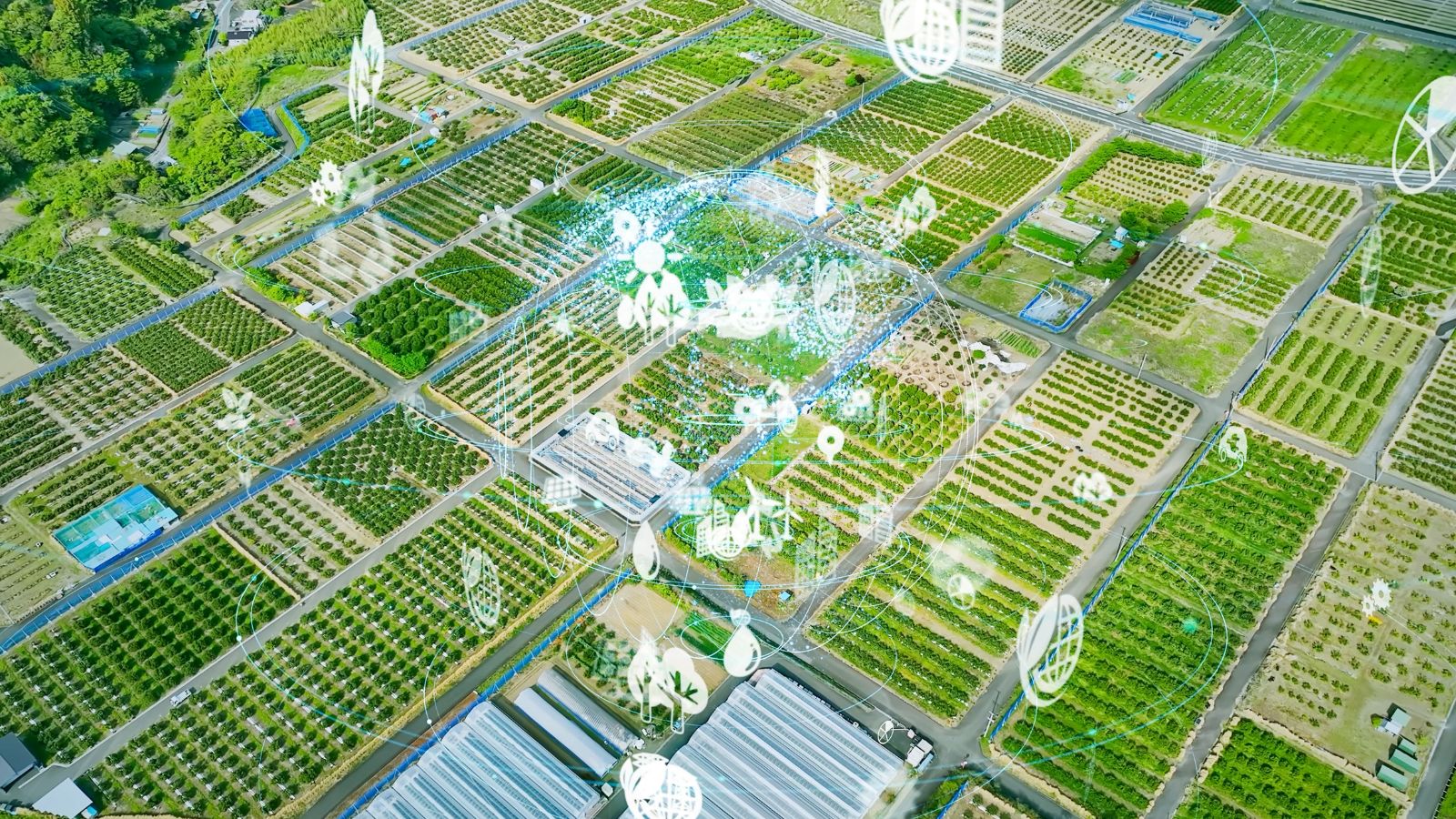
Canada’s agricultural technology sector is booming, with AI-driven precision farming, automated irrigation, and drone monitoring improving yields. Some companies are revolutionizing pesticide alternatives using machine learning and biological solutions. These advancements support food security and sustainable farming, attracting interest from global markets. U.S. farmers, on the other hand, face outdated infrastructure and limited government incentives to adopt similar technologies.
Advanced Robotics and Automation
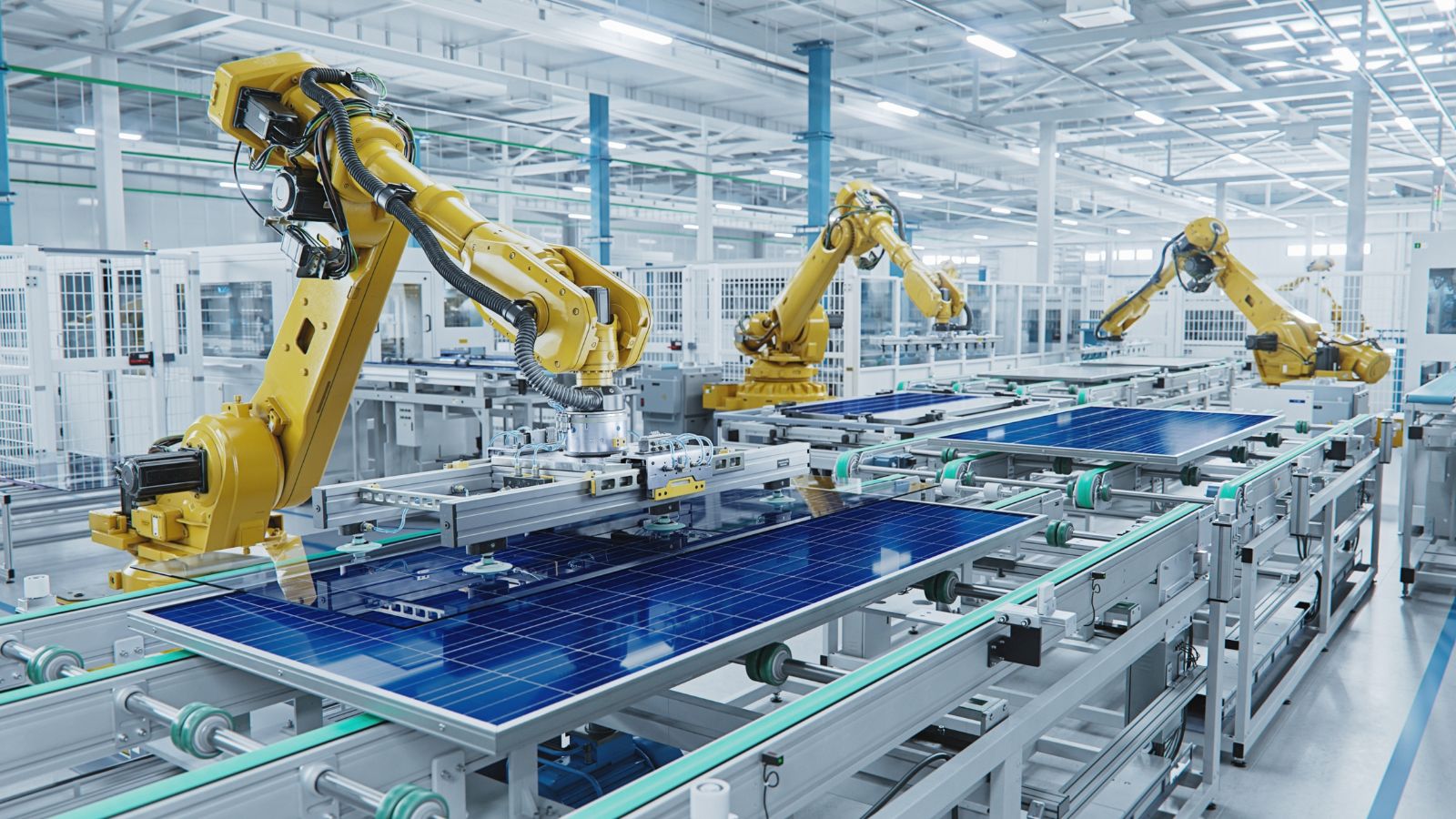
Canadian robotics companies are gaining traction in industries ranging from healthcare to manufacturing. Firms are developing autonomous solutions that improve efficiency and safety. Canada’s balanced regulatory environment supports robotics innovation, allowing rapid testing and deployment of new technologies. The U.S., despite its industrial strength, faces regulatory hurdles that slow the adoption of robotic automation.
Fintech Disruptions

Canada’s fintech sector is thriving, with companies revolutionizing digital banking and investment. Government regulations encourage financial innovation while maintaining strong consumer protections. The adoption of blockchain-based finance and AI-driven banking services has positioned Canada as a leader in financial technology—meanwhile, the U.S. grapples with outdated banking systems and slower adoption of modern fintech solutions.
3D Printing Advancements

Canadian companies are making breakthroughs in additive manufacturing, with applications in aerospace, healthcare, and construction. Firms are pioneering the use of 3D-printed human tissue for medical research and organ transplants. These innovations place Canada at the forefront of next-gen manufacturing technologies. The U.S., while a player in 3D printing, faces supply chain constraints that limit widespread adoption.
Biotech Innovations

Canada’s biotech sector is booming, leading to the development of antibody treatments for diseases such as COVID-19. Government support for life sciences research ensures continuous innovation in drug discovery and personalized medicine. The strong collaboration between universities, startups, and pharmaceutical giants accelerates breakthroughs. In contrast, the United States faces rising drug costs and complex healthcare regulations that hinder innovation.
Electric Vehicle (EV) Battery Production

Canada is emerging as a key player in the electric vehicle supply chain, with companies investing heavily in lithium and battery technology. The country’s access to critical minerals, such as lithium and nickel, strengthens its position in EV battery production. Government incentives for clean energy manufacturing are attracting major automakers to build battery plants in Canada. Meanwhile, the U.S. struggles with supply chain bottlenecks and dependence on foreign battery production.
Smart City Innovations

Canadian cities are at the forefront of smart city development, integrating AI, IoT, and sustainable infrastructure to enhance urban living. These initiatives improve traffic management, energy efficiency, and public safety, setting global benchmarks. The U.S., however, faces political and funding challenges that delay smart city adoption.
Green Hydrogen Production
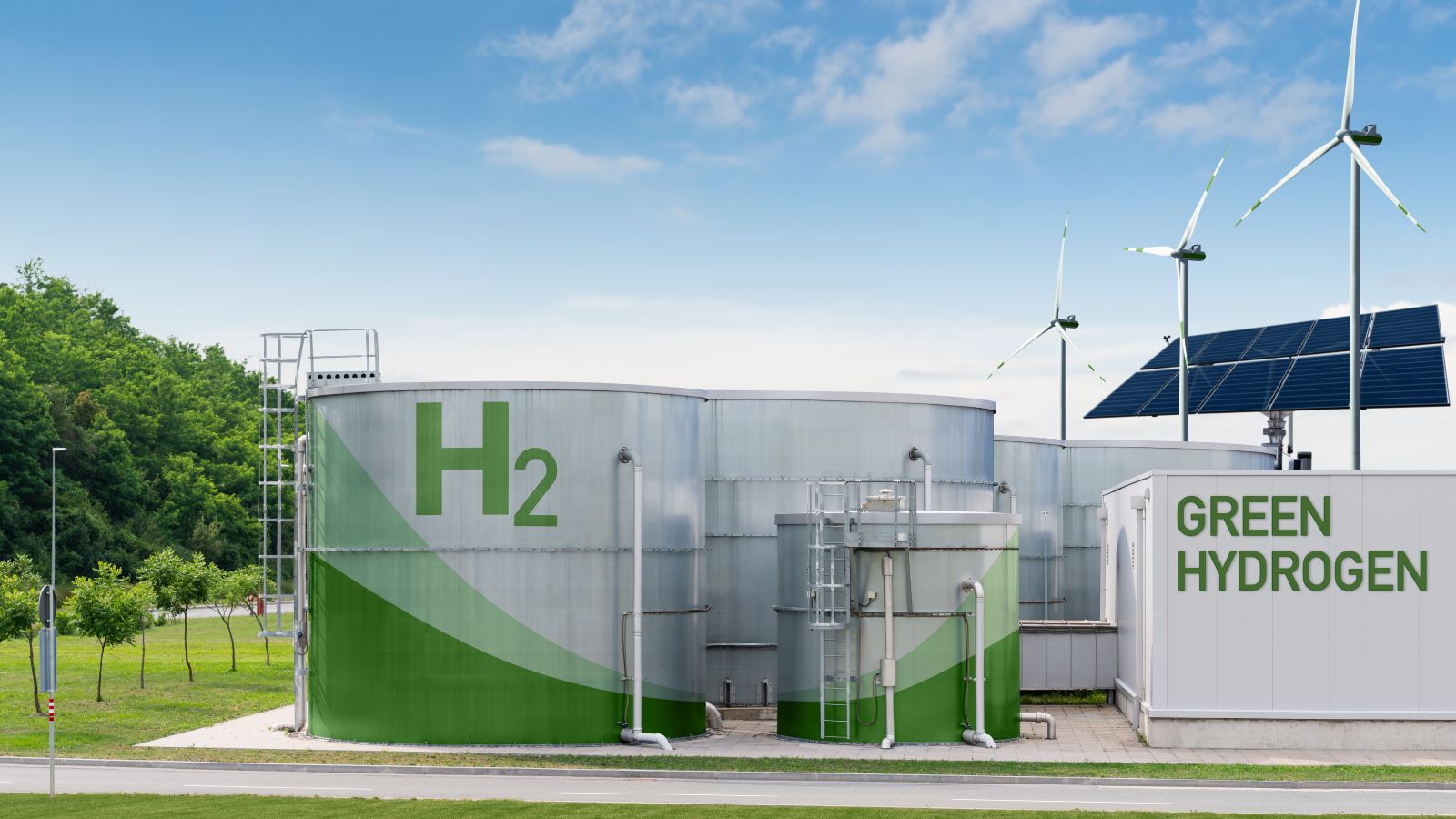
Canada is investing heavily in green hydrogen as a clean energy alternative, positioning itself as a global leader. Provinces like Alberta and Quebec are developing hydrogen production facilities that could supply international markets. Green hydrogen has the potential to revolutionize transportation and heavy industry, reducing carbon emissions. The U.S., while exploring hydrogen technology, lacks coordinated national policies to scale production effectively.
Cybersecurity Solutions

Canada is home to some of the most advanced cybersecurity firms, protecting global businesses from cyber threats. Canadian government actively funds research in cybersecurity to stay ahead of evolving cyber risks. Meanwhile, U.S. companies struggle with increasing cyberattacks, data breaches, and inconsistent regulations.
Leading in Health Devices

Canadian startups are pioneering medical technology with wearable devices that monitor chronic illnesses in real time. Companies are revolutionizing remote patient monitoring with AI-driven diagnostics. These advancements improve healthcare accessibility and reduce hospital visits, making treatment more efficient. The U.S. healthcare system, in contrast, faces high costs and insurance limitations that hinder adoption.
Space Technology Advancements

Canada is making huge strides in space technology, with companies like MDA leading satellite innovation. Canada’s space industry continues to develop advanced Earth observation satellites for climate monitoring and security. The U.S. still leads in space exploration but faces increasing costs and international competition.
Smart Agriculture
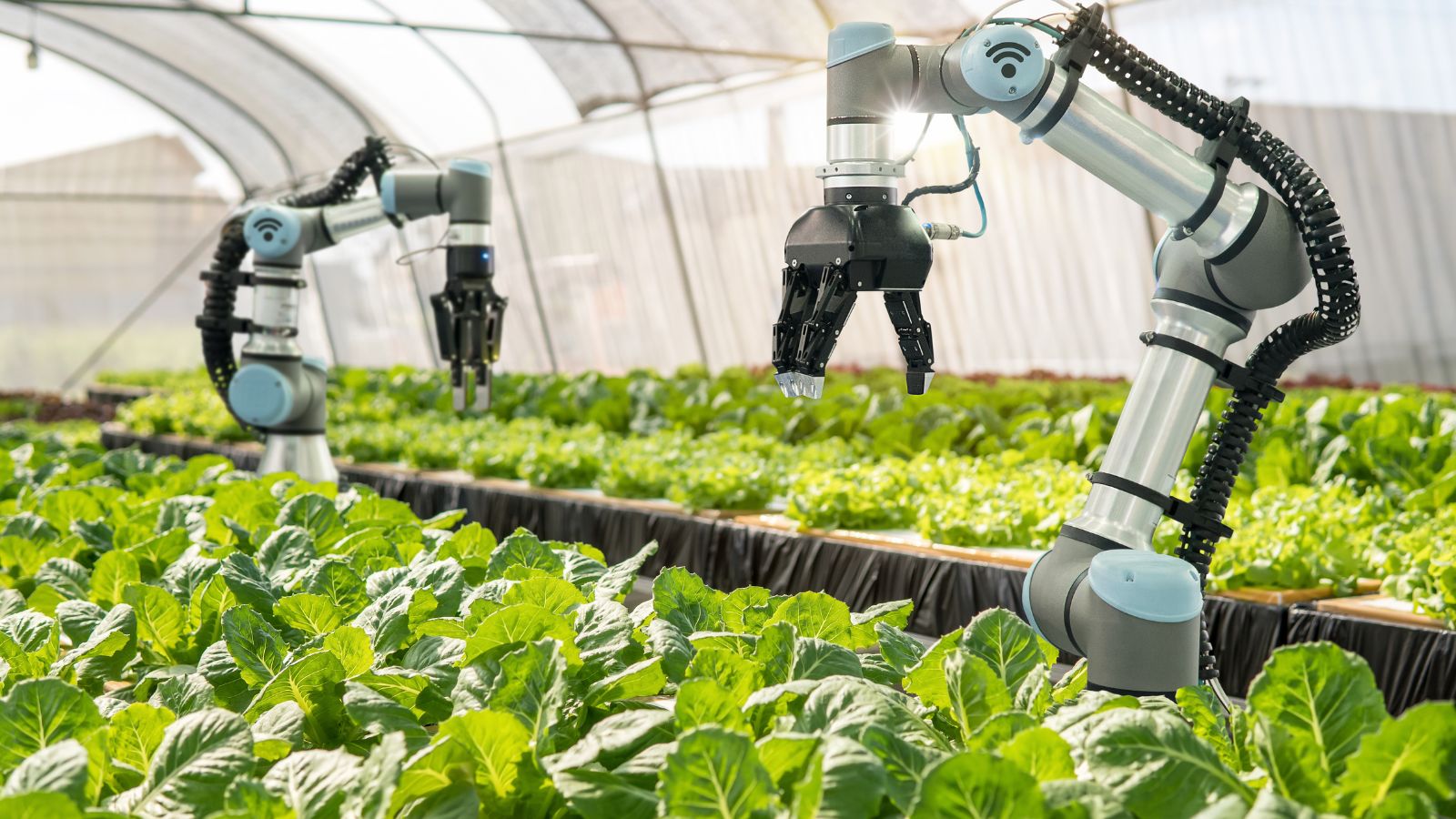
Canada is advancing agricultural innovation with AI-powered farming techniques and vertical farming solutions. Companies are developing climate-controlled indoor farms to grow crops year-round with minimal water use. These innovations increase food security and sustainability, making Canada a leader in smart agriculture. In contrast, the U.S. faces unpredictable climate conditions that threaten traditional farming.
Next-Gen Public Transportation Systems

Canadian cities are embracing sustainable and tech-driven public transit solutions, reducing urban congestion. The country is also exploring high-speed rail connections, setting the stage for improved intercity travel. The U.S. struggles with outdated transit infrastructure and slow adoption of high-speed rail technology.
Eco-Friendly Construction

Canadian companies are at the forefront of green building technologies, developing energy-efficient materials and passive housing designs. Cities like Vancouver are leading in net-zero energy construction, setting global standards for sustainability. Innovations in prefabricated modular housing are addressing the housing crisis while reducing environmental impact. Meanwhile, the U.S. construction industry faces challenges with high material costs and inefficient building practices.
Revolutionizing Water Purification

Canadian companies are pioneering new water filtration and desalination technologies to address global water scarcity. Innovations from firms like Forward Water Technologies improve clean water access with energy-efficient purification methods. These breakthroughs have potential applications in agriculture, industrial use, and global humanitarian efforts. The U.S., despite facing drought challenges, has been slow to adopt widespread water purification advancements.
Expanding the Circular Economy and Zero-Waste Initiatives
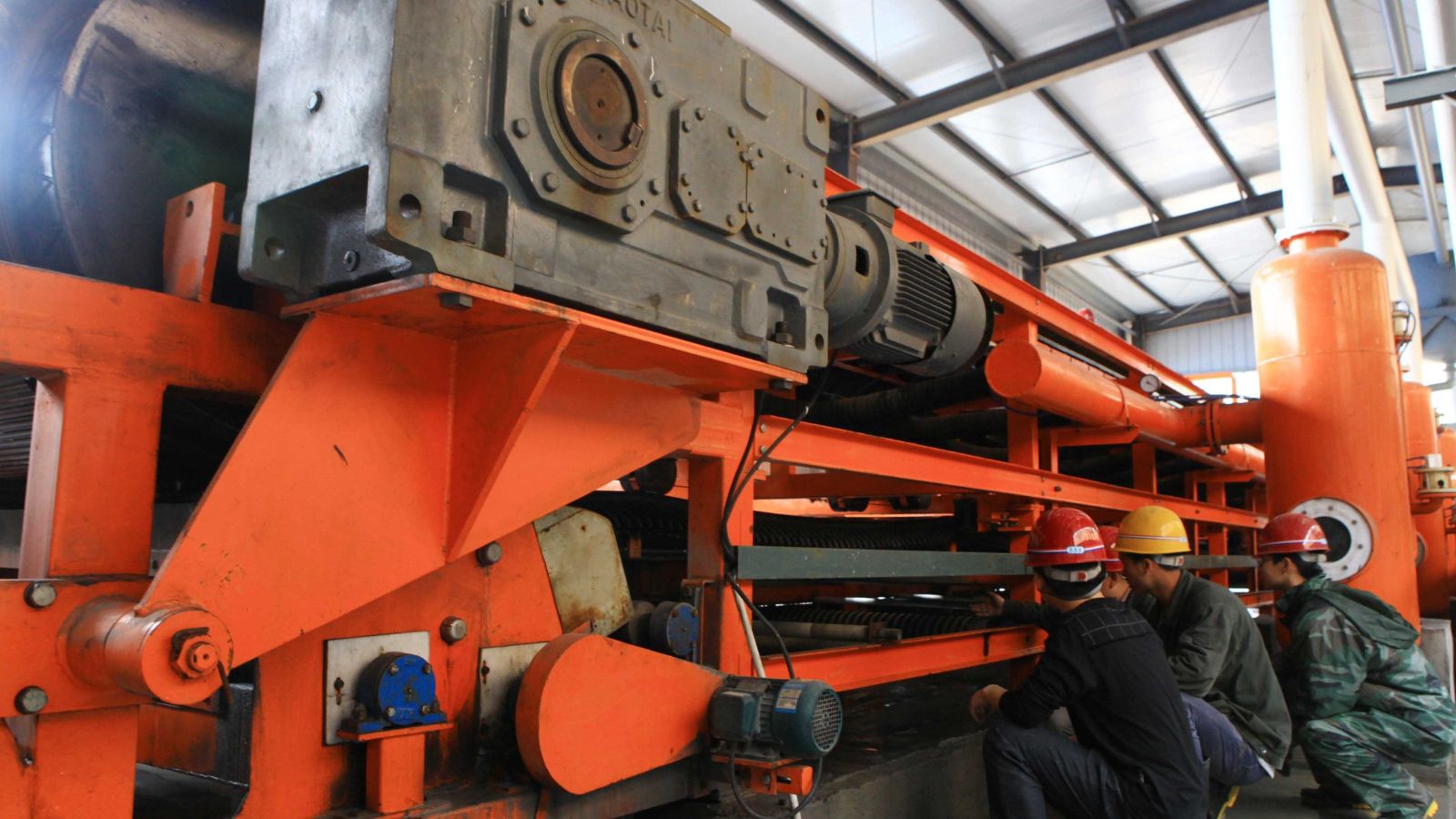
Canada is leading efforts to develop a circular economy, where waste is minimized and materials are continuously reused. Cities like Vancouver have zero-waste goals, encouraging businesses to adopt sustainable practices. Startups specializing in biodegradable packaging, waste-to-energy solutions, and recycling tech are gaining global attention. The U.S., by contrast, struggles with high waste production and limited recycling infrastructure.
AI-Powered Language Translation Technologies

With its bilingual culture, Canada has become a leader in AI-driven translation tools that improve cross-language communication. Companies develop advanced language processing AI for businesses and governments worldwide. These innovations enhance international trade, diplomacy, and digital accessibility for multilingual users.
Computing Leadership

The Canadian government actively supports quantum research, investing millions into developing next-generation computing technology. The companies are developing quantum processors that could revolutionize industries, from cybersecurity to drug discovery.
Responsible Tech Development

Canada is setting global standards for ethical AI, with policies that ensure responsible data use and bias-free algorithms. Government-backed initiatives promote transparency in AI decision-making, influencing global discussions on digital ethics. Research hubs like the Vector Institute in Toronto lead AI ethics discussions, shaping responsible AI policies worldwide. The U.S. faces growing concerns over unchecked AI development, leading to regulatory uncertainty.
Leadership in Autonomous Vehicle Research

Canadian universities and tech companies are making significant advancements in self-driving vehicle technology. Government-backed pilot programs allow for real-world testing of autonomous cars and trucks. Meanwhile, the U.S. faces regulatory challenges and public skepticism, slowing its adoption of self-driving vehicles.
Conclusion

Canada’s commitment to research, government-backed funding, and a strong innovation ecosystem have made it a rising force in global technology. While the U.S. remains a major player, challenges like regulatory hurdles, outdated infrastructure, and policy instability have slowed its progress; Canada is securing its place as a global leader in technological advancements. As these innovations continue to disrupt markets worldwide, Canada’s economic influence will only grow stronger.
25 Countries Predicted to Become Economic Superpowers in the Next 20 Years

The strength of an economy plays a crucial role in various international policies about trade and relations. Certain factors determine the strength of an economy, including population growth, availability of resources, and development and advancement. Here are 25 countries predicted to become economic superpowers in the next 20 years
25 Countries Predicted to Become Economic Superpowers in the Next 20 Years
